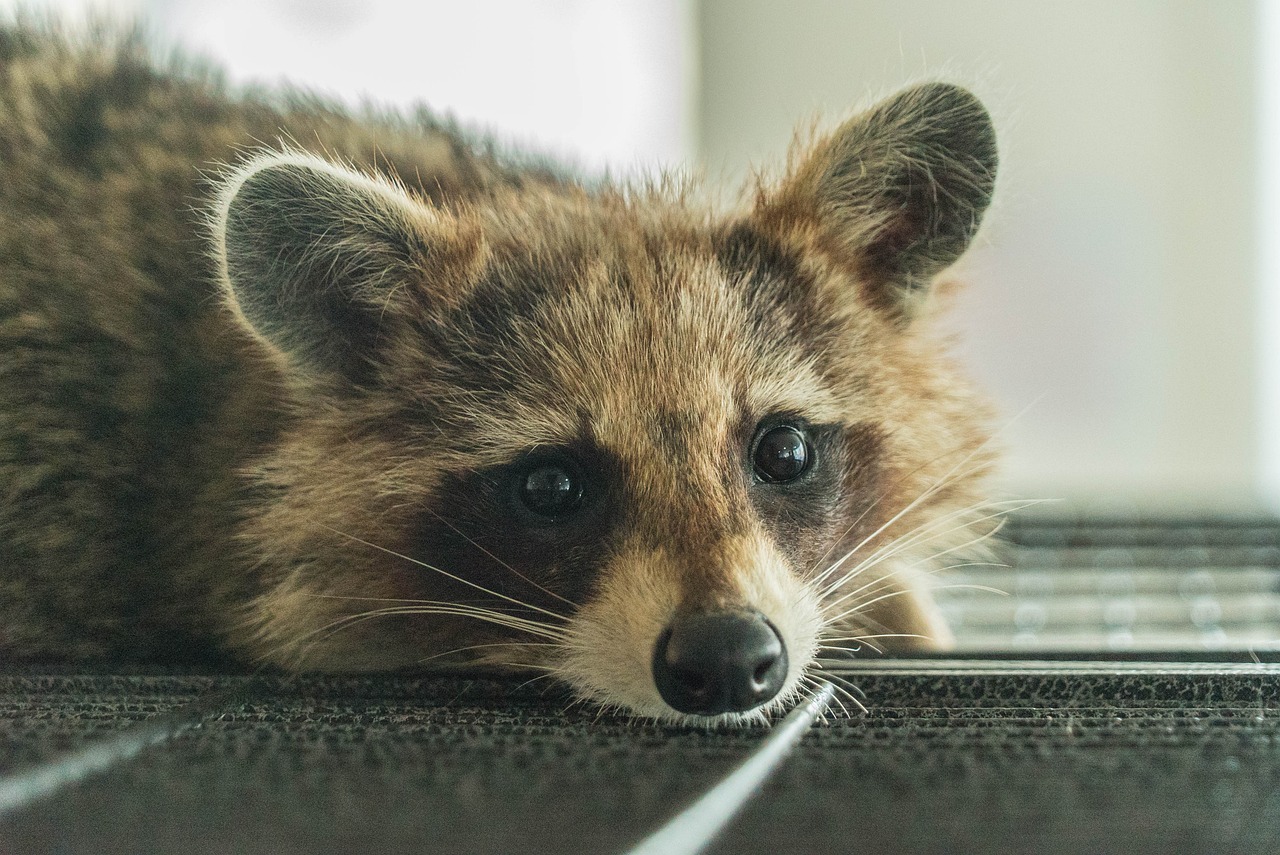
즐거운 라쿤의 세상, 우리에게 찾아온 귀여움
Introduction
Welcome to the fascinating world of raccoons! These adorable creatures, known as 라쿤 (raccoon) in Korean, have captivated the hearts of many pet lovers around the world. With their distinctive markings, inquisitive nature, and playful antics, raccoons make for wonderful companions. In this article, we will delve into various aspects of raccoons and discover why they are such beloved pets.
1. History and Domestication of Raccoons
Raccoons are native to North America, where they have long been admired for their intelligence and adaptability. While traditionally seen as wild animals, raccoons have started to be domesticated in some parts of the world, including Korea. As pets, they require proper care, environmental enrichment, and a dedicated owner who can meet their specific needs.
Raccoons as Pets
When considering raccoons as pets, it’s essential to do thorough research and understand the legalities surrounding ownership. Raccoons require specialized diets, ample space for play and exploration, and mental stimulation to thrive in a domestic environment. Responsible ownership includes providing a safe and secure living area, regular veterinary care, and sufficient companionship.
2. Unique Characteristics of Raccoons
Raccoons are recognized for their distinct features, including their black facial mask and ringed tail. Their dexterous front paws, suitable for grasping and manipulating objects, make them incredibly skilled at opening doors, latches, and even cabinets! The inquisitive nature of raccoons often leads to them investigating every nook and cranny in their environment, making for entertaining and mischievous pets.
Intelligence and Problem-Solving Skills
Raccoons are highly intelligent animals, known for their problem-solving abilities. They can learn tricks, solve puzzles, and even remember the solutions to complex challenges. Their innate curiosity and quick thinking make them excellent companions for those who enjoy interactive play and mental stimulation with their pets.
3. Caring for a Raccoon
Caring for a raccoon requires dedication and a thorough understanding of their needs. A balanced diet is crucial, consisting of high-quality commercial raccoon food supplemented with fresh fruits, vegetables, and occasional protein sources. It’s essential to provide them with a suitable living space, including climbing structures, hiding spots, and safe outdoor access, if possible.
Bonding and Social Interaction
Establishing a bond with a raccoon requires patience and consistency. Early socialization and positive reinforcement training can help build trust and encourage desirable behavior. Playtime, mental stimulation, and companionship are key elements in ensuring the emotional well-being of a raccoon in a domestic setting.
4. Health Considerations and Lifespan
Raccoons, like any living beings, are prone to certain health issues. Regular veterinary check-ups, vaccinations, and preventative measures are essential to ensure their well-being. The average lifespan of a raccoon ranges from 10 to 15 years, although with proper care, some can live even longer.
Common Health Conditions
Raccoons may develop dental issues, obesity, parasite infestations, and specific diseases that can be contagious to other animals. Regular monitoring of their weight, dental hygiene, and early veterinary intervention can help prevent and manage these conditions effectively.
5. Legal and Ethical Considerations
Before considering a raccoon as a pet, it’s crucial to understand the legality and ethical implications of owning one. Laws regarding raccoon ownership may vary between countries and even within regions. It’s important to respect wildlife conservation efforts and never engage in illegal activities involving raccoons or their welfare.
Supporting Wildlife Conservation
Instead of keeping raccoons as pets, individuals can support wildlife conservation efforts by actively participating in local initiatives, educating others about raccoon conservation, and contributing to organizations dedicated to preserving natural habitats and protecting these amazing creatures.
[Summary]
1. History and domestication of raccoons
2. Unique characteristics of raccoons
3. Caring for a raccoon
4. Health considerations and lifespan
5. Legal and ethical considerations
For more information about raccoons, visit their Wikipedia page.